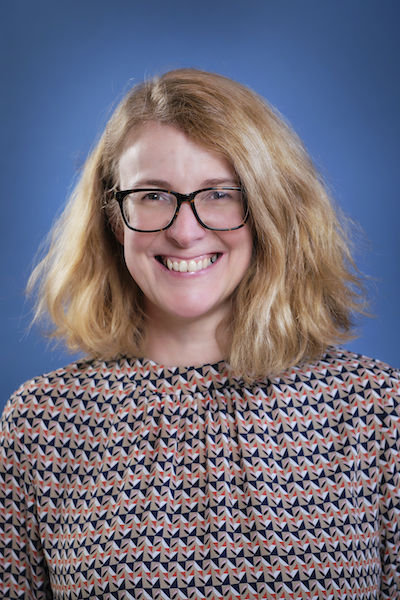Equality, diversity and inclusion through our History curriculum
 One of our enduring Mary Ward values that we hold very dear is 'celebrating diversity,’ and this value is very much at the heart of the St Mary's History curriculum.
One of our enduring Mary Ward values that we hold very dear is 'celebrating diversity,’ and this value is very much at the heart of the St Mary's History curriculum.
Mindful that we are proudly a girls’ school, we address women’s history directly, both studying it in its own right and considering the reasons for female absences from the historical record. In Year 7, students research and produce an independent project outcome in response to the question: how powerful were medieval women? In Year 8, students consider the reasons for, events and consequences of the 17th Century witch craze across Europe, which encourages wider reflection about negative stereotyping. Year 9 students explore the campaigns for female suffrage and consider the role of women in politics.
We feel these opportunities are important in helping girls to consider their roles as women and citizens in the 21st Century.
Similarly, our students in Year 9 consider the reasons why some LGBT figures have been lost to history, despite their contribution at the time, for example, the ‘Glamour Boys’, a group of MPs who spoke out against the British policy of appeasement in the 1930s, often at great personal cost.
These reflections encourage students to see History not as an unchanging body of facts but rather as something more organic.
The questions that we ask, the judgements that we arrive at, are what makes History and in this spirit of enquiry we approach topics such as the voyages of ‘discovery’ (our students often begin by challenging the western-centric notion of that very phrase)!
Year 7 learn about the impact of western exploration on ancient cultures such as the Aztecs. Units of study on the slave trade’s origins and abolition in Year 8 include addressing and debating contemporary controversial questions around the treatment of memorials of slave traders or other figures who, whilst celebrated in their day, are less revered by modern standards.
In Year 8 and 9, students study the development, impact and decline of the British Empire in Indian and the African states. Student voice plays a big part in the work of the History Department in diversifying our curriculum; next year, with the help of our student leaders, we will be expanding our curriculum even further to include studies of the development of the Silk Road, the Mughal Empire and Japan in the age of the Samurai.
A further part of our varied look at the past is to ensure students are encouraged to consider the past from alternative perspectives - not just a 'top down' view. At GCSE, students study Diversity, Rights and Equality in the UK 1914-2010 by considering the changing attitudes and opportunities across race, gender, disability, and class, including the way groups have fought for their rights across time. A Level students are afforded a similar opportunity when they study the experience of Black and Native Americans, women, and workers from 1965-1992.
This engagement with a diverse range of topics and perspectives, on often emotive issues does often spark genuine disagreement.
Students can often be challenged by the notion of uncertainty and multiple perspectives, but part of our commitment to High Performance Learning is to prepare students to disagree well in a polarized world.
By learning to listen and take stock in History classroom students are armed with the empathetic toolkit they need to have the intellectual confidence to stake their claim, hold their ground and stand up for what they believe.
Kate Latham, Director of Teaching and Learning
Return to Magnolian 2022